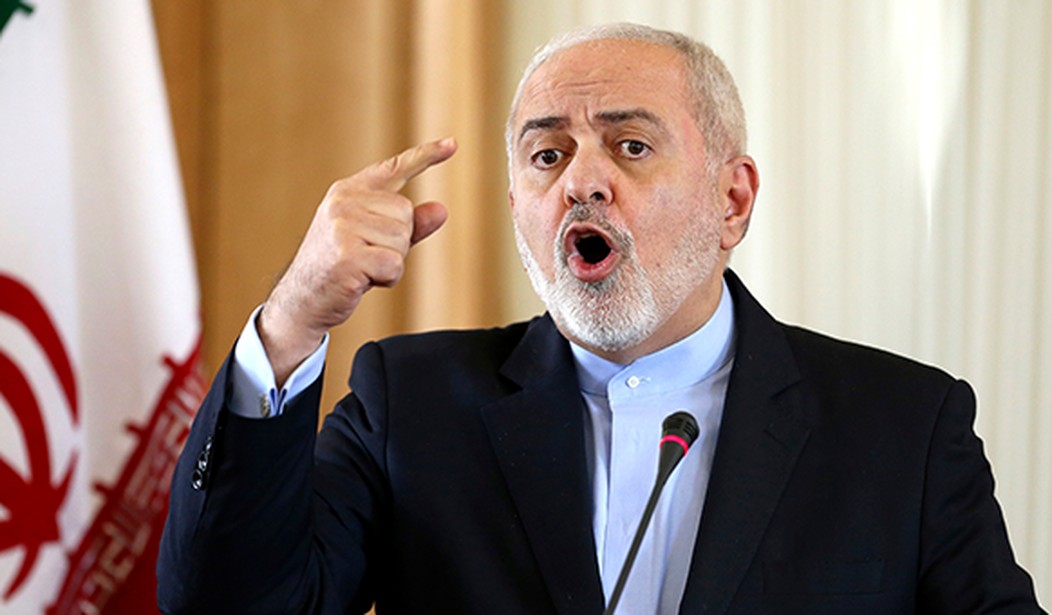Iran announced Monday that it has surpassed the uranium enrichment cap under the nuclear deal, which was set at 3.67 percent, Reuters reports.
Behrouz Kamalvandi, spokesman for Iran’s Atomic Energy Organisation, confirmed an announcement that Tehran had enriched uranium beyond the 3.67% purity that the deal allows, passing 4.5%, according to the student’s news agency ISNA. That followed an announcement a week ago that it had amassed a greater quantity of low-enriched uranium than permitted.
Iran has said it will take another, third step away from the deal within 60 days but has so far held back from formally announcing what that next step would entail.
Kamalvandi said the authorities were discussing options that included the prospect of enriching uranium to 20% purity or beyond, and restarting centrifuges that were dismantled as one of the deal’s core aims. (Reuters)
“There is the 20 percent option and there are options even higher than that but each in its own place,” he said, according to state television. Among the other options is restarting deactivated centrifuges, he explained.
The announcement is a major reversal of the terms set by the 2015 nuclear deal, which eased sanctions against Tehran, allowing them access to world trade, in exchange for curbing its nuclear ambitions. France, Britain and Germany now must figure out how to respond.
Iran, for its part, argues the deal allows it to reduce its compliance in response to the U.S. pulling out of the agreement in May 2018, and it will continue to do so every 60 days, according to Reuters.
“If signatories of the deal, particularly Europeans, fail to fulfill their commitments in a serious way, the third step will be stronger, more decisive and a bit surprising,” Foreign Ministry spokesman Abbas Mousavi said on Monday.

























Join the conversation as a VIP Member